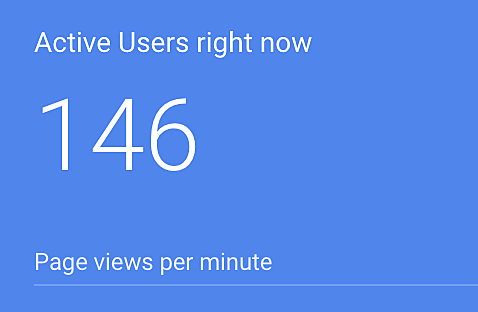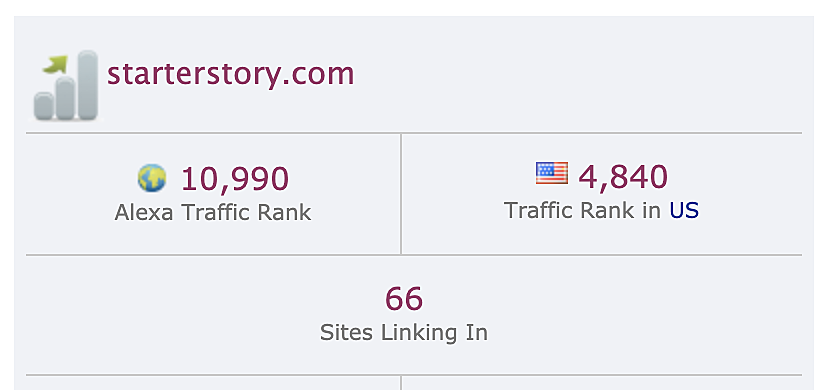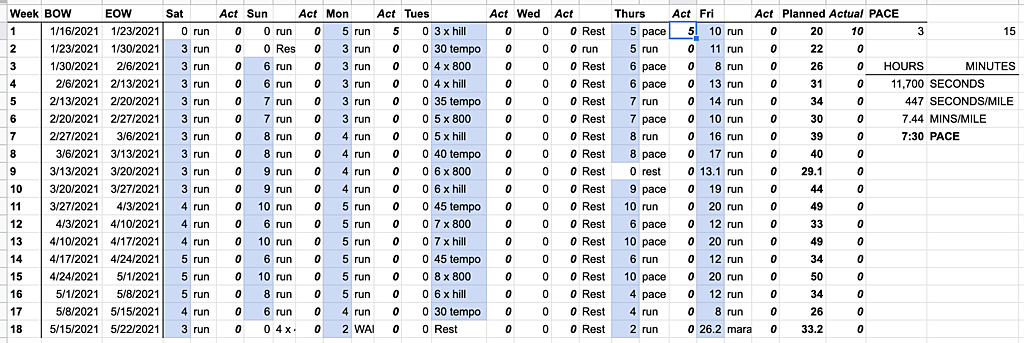In 3 minutes, I’ll explain how all good businesses use urgency to drive a lot of sales.
What I mean by urgency:
Urgency means influencing people into buying something now, rather than later.
I think it might be the least talked about, yet most-effective marketing concept I can think of.
I’ve actually been thinking about it a lot over the past year... and I’ve been trying different things at Starter Story (and seeing great results).
Since internalizing this concept, I’ve also noticed how pretty much every good company does it, too. I’ll be showing a few examples below.
The Breakdown: (tl;dr)
(1) People will buy more of your stuff if it’s “scarce”
(2) All companies do this, to some degree (it must be Marketing 101, but I never took that class)
(3) It’s very easy to implement for your business
What you need
(1) An incentive (discount, upsell, future price increase), and
(2) An expiration date (today, tomorrow, this month)
Why does this work?
Human psychology. People prefer avoiding losses over acquiring gains, otherwise called loss aversion.
So, in other words, your offer makes the buyer feel like they are losing money if they don’t take it. Crazy, huh?
This is why every company does Black Friday deals
Black Friday is the penultimate example of this tactic.
Black Friday has a limited time offer: 1 day only. If you buy no
(1) The incentive: Discounts on gifts that you were already going to buy anyway.
(2) The expiration date: 24 hours
And the last reason BF works so well is because of supply scarcity. If you don’t buy RIGHT NOW, the items will sell out.
But it’s not just Black Friday
Marketers can and will make up anything they want:
(1) October 13th - National No Bra Day
(2) September 29th - National Coffee Day
(3) August 26th -
National Dog Day (
Barkbox):
And it doesn’t really matter WHEN you run it
Most smark marketing teams are running the same deal, all year long.
For example, The New York Times runs “limited time offers” on an ongoing basis.
Every time you visit their site, they have a “new” limited-time offer. While in reality, it’s always the same offer:
Urgency: Supply scarcity marketing
This also works well when you promote the scarcity of your supply of the product.
In other words, stating you have a limited quantity. And this is simple economics. The lower the supply, the higher the demand.
It is not relegated to physical products. This is done perfectly by
@stephsmithio, who artificially limits the supply of her digital book:
Urgency: Using it with an upsell
This isn’t only for discounts. It can also work for an upsell.
This is what
James Clear does for all new subscribers on his email list:
Instead of offering a discount, he sells his normal thing but gives the buyer an incentive to buy it now:
(1) Buy my book today and prove that you did
(2) If you do, you’ll get this extra thing that costs nothing to send you
This is age-old marketing advice
This “tactic” of driving urgency is not new, or revolutionary advice. You probably already know this.
However, what I love about this “tactic” is that it’s stood the test of time.
1888:
“Believed to be the first coupon ever, this ticket for a free glass of Coca-Cola was first distributed to help promote the drink.”
Just a few years later, Coca-Cola was sold and consumed in every territory of the United States


